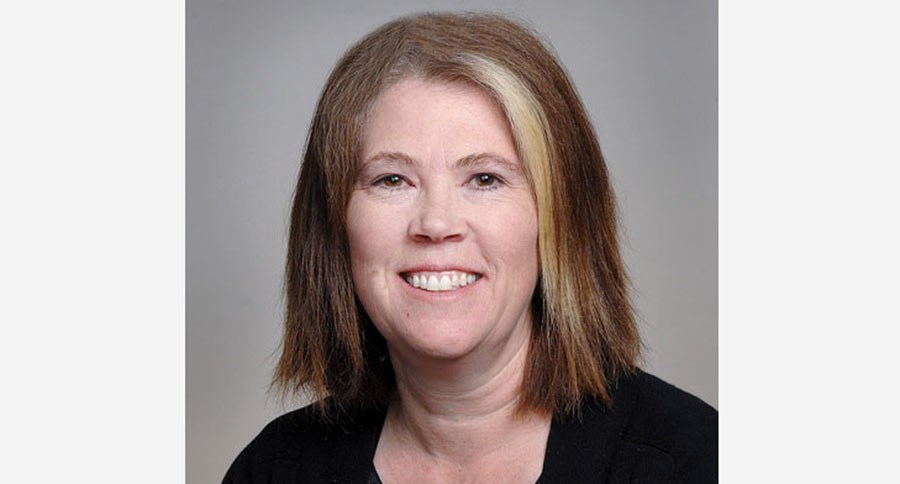Do you know that there is a song for just about everything?
I was raised in a home where my parents would burst into song every time I, or one of my siblings, would make a statement. My husband and I have carried on this tradition. My daughter will arrive in the kitchen with a hazy, sleepy look saying: "I had a dream last night..." and before she finishes her sentence I burst into my best Ethel Merman. "I had a dream; I dreamed it for you..."
You would think a teenager would roll her eyes and walk away but no, she, too, regales her friends with appropriate songs lines that fit every occasion.
I tell you this because I have been wandering around for the last few weeks singing: "Getting to know you, getting to know all about you, getting to like you, getting to hope you like me..."
This is my mantra for the federal election campaign: it's all about getting to know a group of people and learning about their aspirations to serve in public office.
This past week, Peter Mansbridge interviewed the party leaders. His last question to each of them was a version of "Why do you think you can be the Prime Minister? What is it about you?"
Mansbridge noted, post-interview, that none of the leaders could really answer this question and that each leader had slipped into a discussion of policy rather than character.
The Mansbridge team of political analysts who he interviewed afterward suggested that this is a tough question to answer.
It's kind of like that question you get in a job interview that asks you to describe your strengths and weaknesses. None of us like to say: "Well I'm intelligent, creative, and funny but I don't suffer fools gladly and I have a bit of a hot temper." No, we skirt around the question. We frame our strengths as belonging to the people we have around us: "I have the capacity to bring together a great team of people" and our weaknesses are thinly disguised as strengths: "I work too hard and have difficulty saying no to helping out."
My point is that we find it very difficult to answer the question: "Why you?"
The three leaders took a run at it but none of them really answered the question. Among other things, Mr. Harper said he had the right policy and team to lead the country; Mr. Mulcair that he was the quintessential Canadian and wants to create a fair society; and, Mr. Trudeau said he wants to bring back Canada's collaborative and cooperative traditions.
Today, the political reality is that one slip can make or break a candidate. It is no wonder that leaders can't just let down their guard and say something that demonstrates that they are really human.
Yet, it is not just the party leaders that we have "been getting to know." We have come to know some candidates and we have seen how social media and technology have changed the game.
These media have lifted the veil on semi-private actions and, in some cases we have come to know candidates too well. From "pee-gate" to comments about marijuana use we have seen candidates pushed off the ballot.
Over my holiday I took the time to read the wonderful memoir by Alan Cumming entitled Not My Father's Son. He is one of my favourite actors. A passage from the book came to mind as I started to think about this column. In a discussion about the obsession with fame he writes: "I believe that social media outlets like Facebook and Twitter are an absolute product of this obsession, as they partly manufacture how it feels to be famous for people who are not. You put personal information and images out into the world and the more friends or followers you obtain, the less knowledge you have of who is watching or keeping track. It's great to feel popular of course, but there is a downside."
Social media and surveillance can tell us a great deal about how an individual's private character intersects with their public self. While those in office might be able to shield themselves with guarded answers, the fact is that "getting to know" a candidate has never been so transparent.



